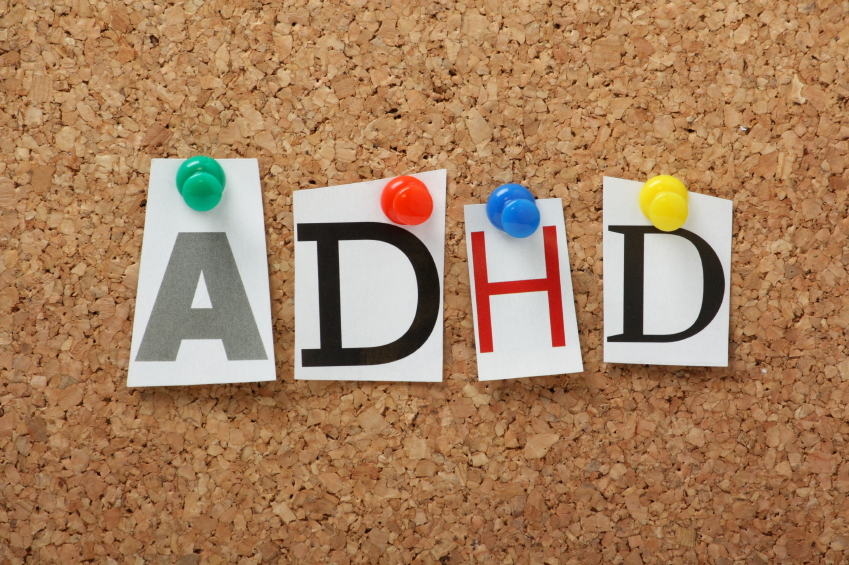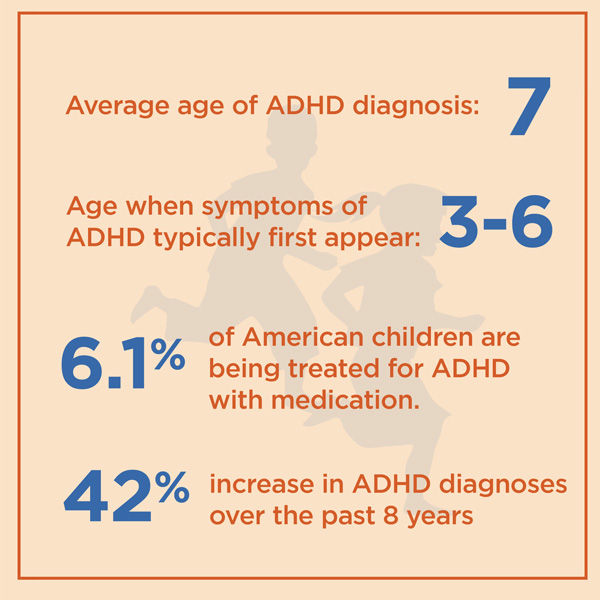Why do ADHD kids say “I don’t know” so often?
Recently, one of my clients (let’s call him Matt) cancelled calls with me 4 times. I knew why: It was because he knew we were going to do some homework together and he didn’t want to. He wanted to ride his bike (Who wouldn’t?). I asked Matt why he kept cancelling and he said, “I don’t know.” That got me thinking about how, in the past, I would have been slightly irritated at him wasting my time, not accepting my help, and being generally defiant.
We often become distressed by our children’s seeming inability to do simple things, like ask for help, put away their clothes, or turn in homework. We become disappointed and ultimately angry, and we confront our child.
“Why can’t you do this? It’s so simple. Everyone else is doing it with no trouble at all. Why can’t you?”
And you know the response, right?
I don’t know.”
Gah! Why do they DO that?
ADHD children are very sensitive and having an angry parent is overwhelming to the senses. They may yell at you or try to distract you by talking about your faults. They may hide in their rooms or they may do what you want but give you the silent treatment. ADHD children are rarely able to manage their emotions in the moment, as they’re actually happening. In confusion, frustration, and sadness that they’ve disappointed you, “I don’t know” becomes an easy way to slow things down, to stop the barrage of parental expectations.
Here’s what “I don’t know” really means:
- I can’t help you. I don’t seem to be able to make myself do what I want to do.
- Please don’t be mad.
- I can’t take more nagging.
- Do we have to keep having the same conversation? That won’t change me.
- Imagine what it must be like to know that you’re having a regular conversation but you can’t respond in a regular way.
- Imagine what it’s like to disappoint your parents, yet again.
- Imagine experiencing this for an extended period of time.You can keep asking but I don’t have a different answer.
- I feel like a loser and I’m trying to cover it up.
- I don’t want to say the wrong thing.
- I’m embarrassed by being a failure.
- If I could answer to your satisfaction, I would.
- My mind is (actually) blank.
This is why ADHD kids say “I don’t know” so often.
It has little to do with defiance and a lot to do with self-esteem and/or not being able to access information in a timely manner.
The truth is that Matt wasn’t wasting my time. I still had my time.
He wasn’t refusing my help. He just couldn’t handle this particular responsibility.
He wasn’t being defiant either. In fact, his response had nothing to do with me. He was simply postponing relief and prolonging his misery because he didn’t know how to make a different decision.
Change your response
The solution is to change the way you respond. Believe me, I know this is difficult. Sometimes it’s like pulling teeth to get an answer that contains some real information!
Instead of being frustrated, put yourself in your child’s shoes.
My childhood experience
I remember, very well, the absolute confusion and disappointment I felt when I vowed to be good and couldn’t manage to hold it together for even 30 minutes. I had NO IDEA how I got from Point A to Point B, from my vow to my misbehavior.
This isn’t a moral issue or a problem with your child’s integrity. This is an Executive Function challenge. The pre-frontal cortex hasn’t developed enough to handle the demands being made.
One thing you can do to help your child is to say, “I’m sorry. I didn’t give you much time to think about this. I would really appreciate it if you’d take some time to think this over and let me know your answer. I’ll check back with you tomorrow/in an hour/after I get home…”
The moral of the story is:
Don’t take it personally, Don’t assume defiance, Practice patience, Be encouraging, and Give your child or teen the grace and dignity to JUST. NOT. KNOW.
When they do know, they’ll tell you.
Do you have any thoughts on this issue that you can share with another parent? Just scroll down to the comments section. I love hearing from you.
What troubles you about parenting an ADHD child or teen?
Let’s talk! No judgment, no salesy come-on. However you WILL receive a good deal of TLC and a slew of strategies. You can say anything. You can cry. You can swear. Your confidentiality is guaranteed, and I promise to listen and give you hope and relief. (You might even find yourself spontaneously doing a happy dance).





